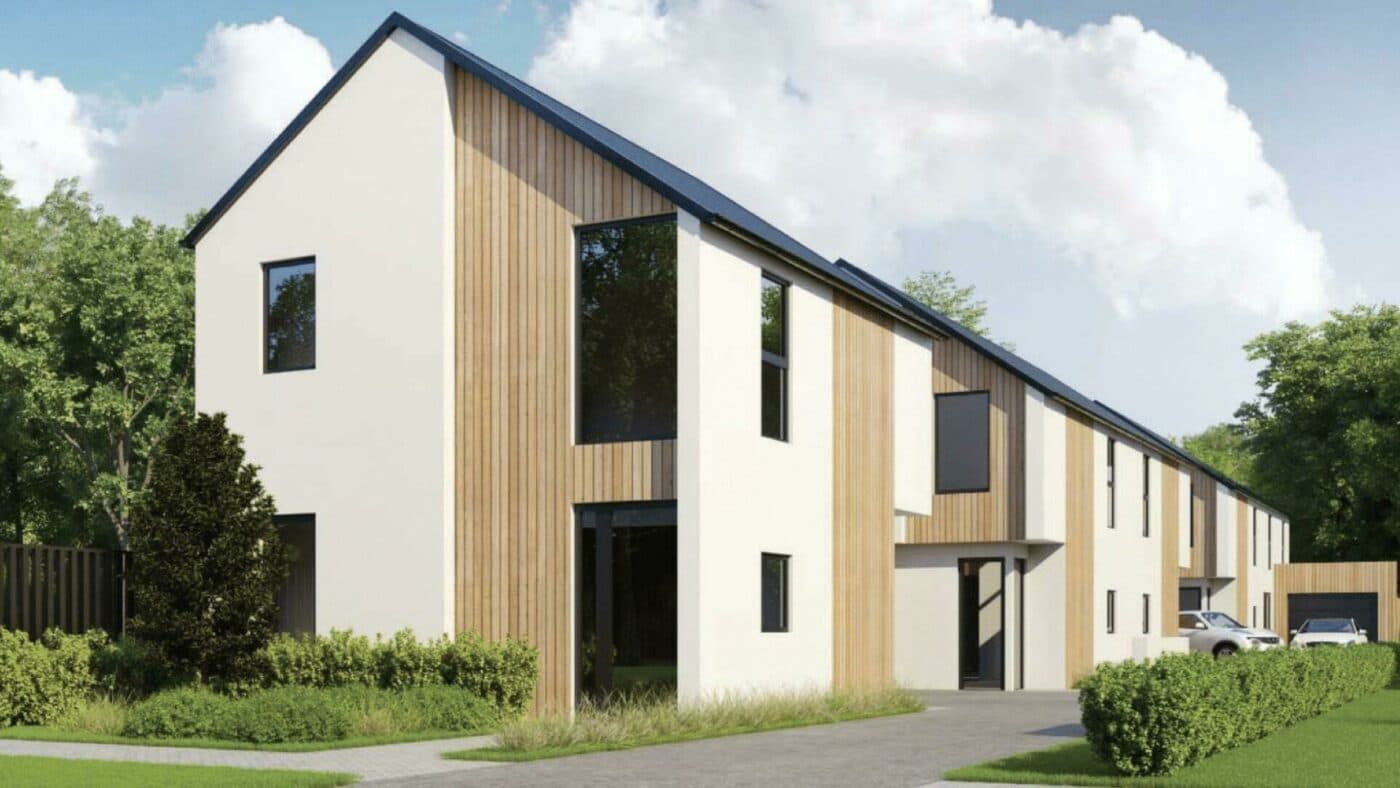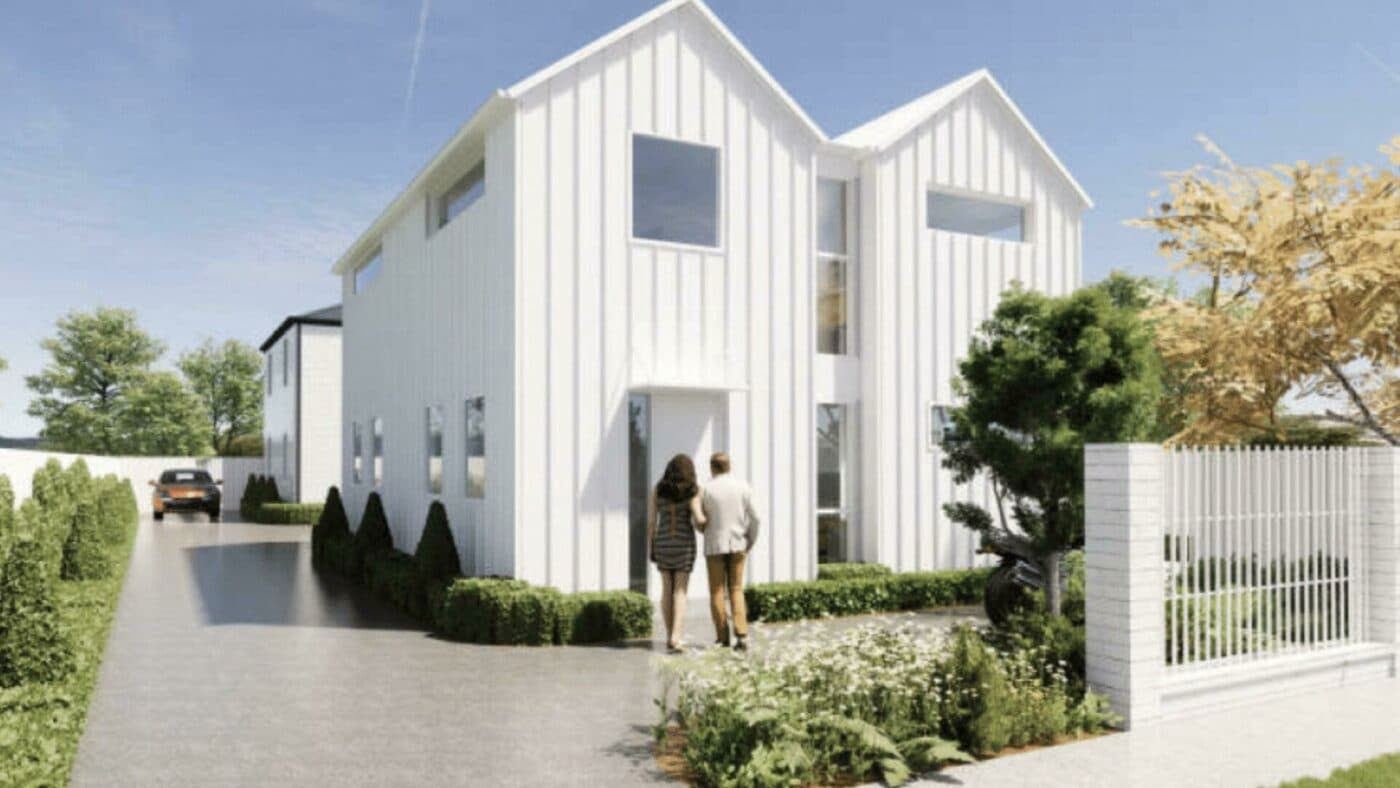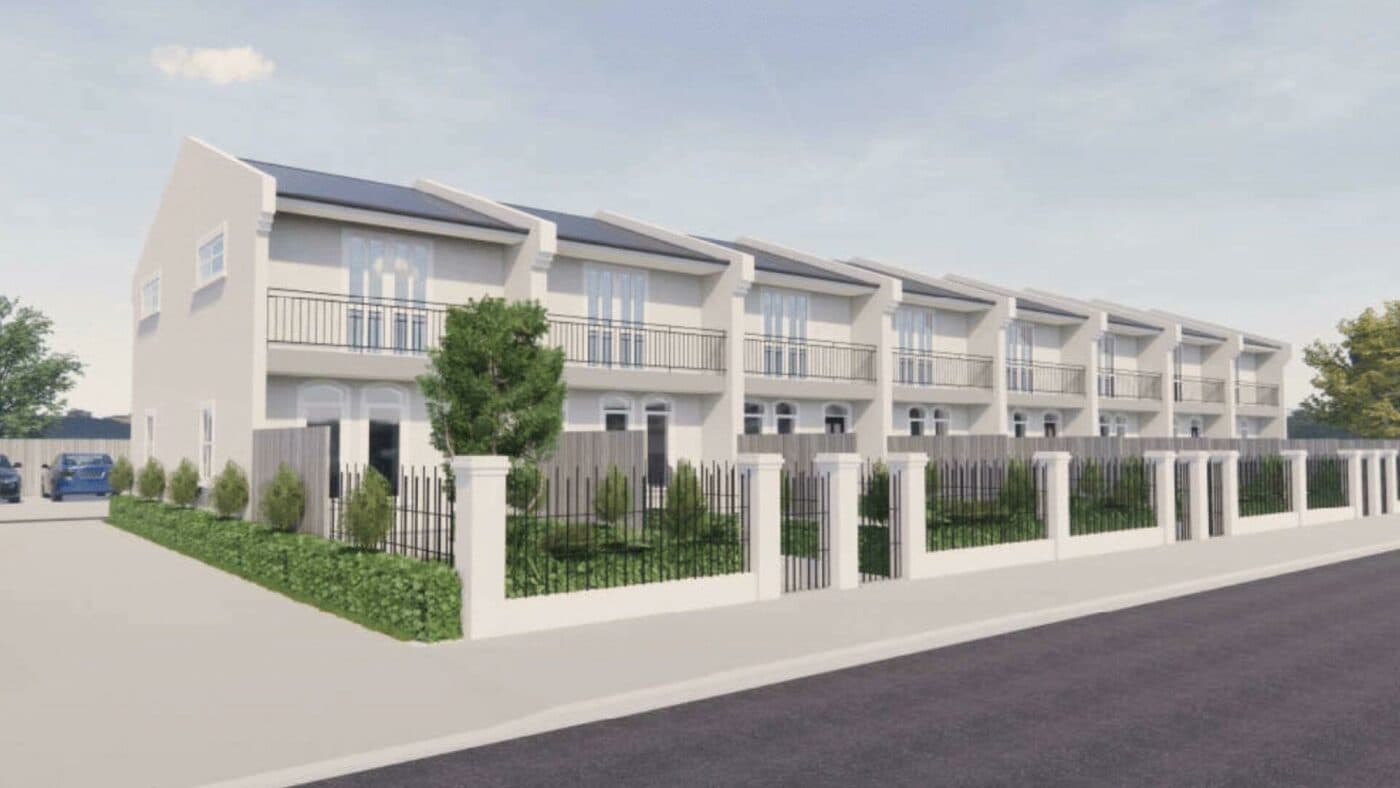
New Builds
What is a turnkey property? Turnkey pros and cons explained
In this article, you’ll learn what a turnkey property is and hear both sides of the argument, so you can decide whether a turnkey property is right for you.
New Builds
7 min read

Author: Laine Moger
Journalist and Property Educator, holds a Bachelor of Communication (Honours) from Massey University.
Reviewed by: Ed McKnight
Resident Economist, with a GradDipEcon and over five years at Opes Partners, is a trusted contributor to NZ Property Investor, Informed Investor, Stuff, Business Desk, and OneRoof.
If you’re planning to buy a New Build property, you’ll find yourself navigating one of two contracts:
Like everything else, each contract has its own pros and cons. In the end, what’s best for your situation will ultimately decide which one you go for.
In this article we’ll outline the 5 key differences between turnkey and progressive contracts, so you can decide which approach is best for you.
And if you have a question, write your questions or thoughts in the comments section below.
To begin, there is a very clear difference between the two types of build contracts.
This is where you hire someone to build you a house on a piece of land you already own, or plan to own soon. Either way, the land is yours and you have greater agency over the design and type of property to be built on that land.
This is where you sign a contract with a developer to buy a finished property, and the land it’s built on, at a fixed price. It’s an all-in-one package and there is less say on the final product. However, more often than not, you will be going unconditional on this contract before the property is actually built.
If you purchase a property off a developer, more often than not you’re going to be buying a turnkey property.
Let’s go into a bit more detail about the four main differences between contracts.
Let’s say you own your own plot of land (or you are eyeing up a plot of land to buy) and you want to build a property on it - you would more than likely use a progressive payment contract.
This means while the property is being built, you own the land. Because of that, during the building phase your mortgage payments will be larger than under a turnkey contract (where you don’t own the land yet).
This means for emerging investors, or first home buyers, a turnkey contract might be more appropriate.
Why? Because you’re paying for a package deal. And you don’t pay the bulk of the money until the end. Only once the property is completed will you take the money from the bank and pay the developer. That means your mortgage payments are lower during construction.
However, this does mean you don’t own the land while the build is in progress, and it entails a bit more risk and more of a premium. But we’ll talk more about this below.

If you are hiring a builder, the property is usually highly customisable. Essentially, you can make them build any house you want, depending on whether it’s a kitset or not.
The only thing holding you back is resource and building consents, which dictate what you can and don’t do.
So, if you have your heart set on a fancy pink roof - as long as resource consent doesn’t hold you back - you can get your builder to do it.
Changes can be made even during the build, which means it’s very flexible in terms of what is being built and with what materials. But, of course, you pay for any changes required, and the builder will charge you for it.
Turnkey is the complete opposite end of the scale.
You are buying a finished product off the shelf, so you have less say in the final product. Having said that, there is some ability to customise, but it’s often limited to things like changes in colour of materials, plus upgrading appliances and certain building materials.
Under a turnkey contract, you’re not going to be redesigning the floor plan or the exterior cladding, especially if this property is part of a multi-unit development, like townhouses.
Between the two, a turnkey contract tends to be more expensive. As we’ve said earlier, this is because the developer owns the land and therefore is paying interest for it during the construction period.
This means the developer is taking on the bulk of the risk. Some of that risk/cost gets passed on to you, the buyer.
However, in terms of the overall payment structure, you could find a turnkey contract more amenable.
This is because you will usually only pay a 10% deposit upfront and the rest of the money is to be settled at completion date.
As the name suggests, progressive payment contracts mean you pay scheduled instalments at various stages of construction. For example, once the foundations go down, or when the roof goes on.
So, you pay in bits and pieces rather than all in one go.
For example, if you’re a first home buyer you might like a turnkey because you put a 10% deposit down now, and then depending on the build, there could be 24 months before the rest of their deposit and bank lending is due.

This could give you a bit more time to knuckle down and ramp your savings up.
You also have the happy thought in the back of your mind knowing you’ve “locked in” today’s prices and are likely to have a property that is already worth more than that once built.
Comparatively speaking, progressive payment contracts do tend to be cheaper because you as a consumer will pay a cheaper rate than the builder would.
What do we mean by this? If you get the money from the bank to build a house, you might pay 3.5%. The builder might have to pay 5-10% on money borrowed. That cost naturally gets passed on to you as a purchaser.
So progressive payments = lower interest costs, so tend to be cheaper, all things considered.
Turnkey properties = higher interest costs, so tend to be slightly more expensive, all things considered.
For turnkey contracts the answer to this question is extremely straightforward. If your builder goes under halfway through construction, you get your deposit back and walk away (hopefully in the direction of a new and better investment property).
But, if you have hired a builder to build your family home and he goes under then you are stuck with a half-finished house.
Now, if you have a Master Builder (or similar insurance scheme), another builder will come in and finish off the home at no extra cost.
But this can cause months of delays. And, of course, because you’re paying interest on the mortgage, you’ll incur higher costs.
Either way this is an unforeseeable risk that you unfortunately have to consider.

Now, this is where it gets a bit muddier because both contracts have the ability for the developer/builder to raise the price of the contract, even after you’ve gone unconditional.
But generally speaking, there is less ability for the developer to increase the price of a turnkey contract.
That’s because once both you and the developer have gone unconditional the contract is a true fixed price contract. That doesn’t mean there’s no chance that the price goes up on a turnkey contract. But it is less likely and harder to do.
This part can get quite technical, so if you want to deep dive into how developers can increase the price of the build, check out our: “Can Developers Increase The Price Of A Property” article.
To sum up, if you’re someone who already owns a piece of land and you want to build on it, then you are more likely to use a progressive payments contract.
Why? Because in this instance you might be looking to customise your own forever home and want to detail every aspect of it yourself.
Or perhaps you are an advanced investor, and you want to subdivide a piece of land and build several developments – then again, progressive payments are the way to go.
But, if you are a newbie investor tallying figures and checking things like yield and ROI, then you are most likely going to find yourself signing turnkey contracts.
This is likely to be the case for a first home buyer too.
Why? Because you probably don’t have the land ready to go and you are happy to buy a property you haven’t personally designed.
Long story short, a turnkey contract is for someone who is interested in New Builds and you’re at the semi-beginner level. But if you’re about to become a developer yourself, or it’s for your own personal home design, you may start looking at progressive contracts instead.
Journalist and Property Educator, holds a Bachelor of Communication (Honours) from Massey University.
Laine Moger, a seasoned Journalist and Property Educator holds a Bachelor of Communications (Honours) from Massey University and a Diploma of Journalism from the London School of Journalism. She has been an integral part of the Opes team for four years, crafting content for our website, newsletter, and external columns, as well as contributing to Informed Investor and NZ Property Investor.
This article is for your general information. It’s not financial advice. See here for details about our Financial Advice Provider Disclosure. So Opes isn’t telling you what to do with your own money.
We’ve made every effort to make sure the information is accurate. But we occasionally get the odd fact wrong. Make sure you do your own research or talk to a financial adviser before making any investment decisions.
You might like to use us or another financial adviser